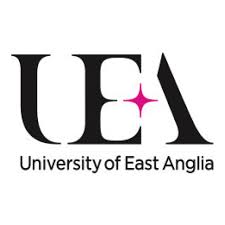On this course, you’ll follow the same programme as our BSc Biochemistry students, but you will spend your third year on a work placement relevant to your interests – perhaps in a pharmaceutical company, or a biotechnology or research institute laboratory. For example, our students have worked in large pharmaceutical companies like GlaxoSmithKline, small biotechnology companies such as Phico Therapeutics, research institutes like the John Innes Centre, educational and science communication placements with the Field Studies Council. Your placement can be in the UK or abroad, with recent students travelling to Europe, Australia and North America. During your placement you’ll gain experience and insight that’s highly valued by future employers, putting you one step ahead of other graduates.
Upon returning in your final year, you’ll have the chance to further develop your laboratory and technical skills with an independent research project in a unique area of science. You could even see your research published.
Our biochemistry degrees are taught jointly by the Schools of Biological Sciences and Chemistry. This dual approach means that in all elements of the course you benefit from subject-specific experts who inform our undergraduate teaching. Both Schools have research environments recognized to be internationally excellent and with researchers generating outputs of international standing.
Our research makes use of a wide array of facilities such as multi-photon and laser scanning confocal microscopes for the study of cells and tissues at the molecular level, high-field magnetic resonance spectrometers (both NMR and EPR) and X-ray diffractometers for the study of molecular structure, mass spectrometers, liquid and gas chromatography systems, and fluorescence and electron microscopes.
You will benefit from our enviable position as an integral partner of the Norwich Research Park, which is also home to the Norfolk and Norwich University Hospital and independent, world-renowned research institutes such as the John Innes Centre (research in plant and microbial sciences), the Sainsbury Laboratory (plant-microbe interactions), the Earlham Institute (computational biosciences and biotechnology) and the Quadram Institute (gut health, microbiology and food science).

